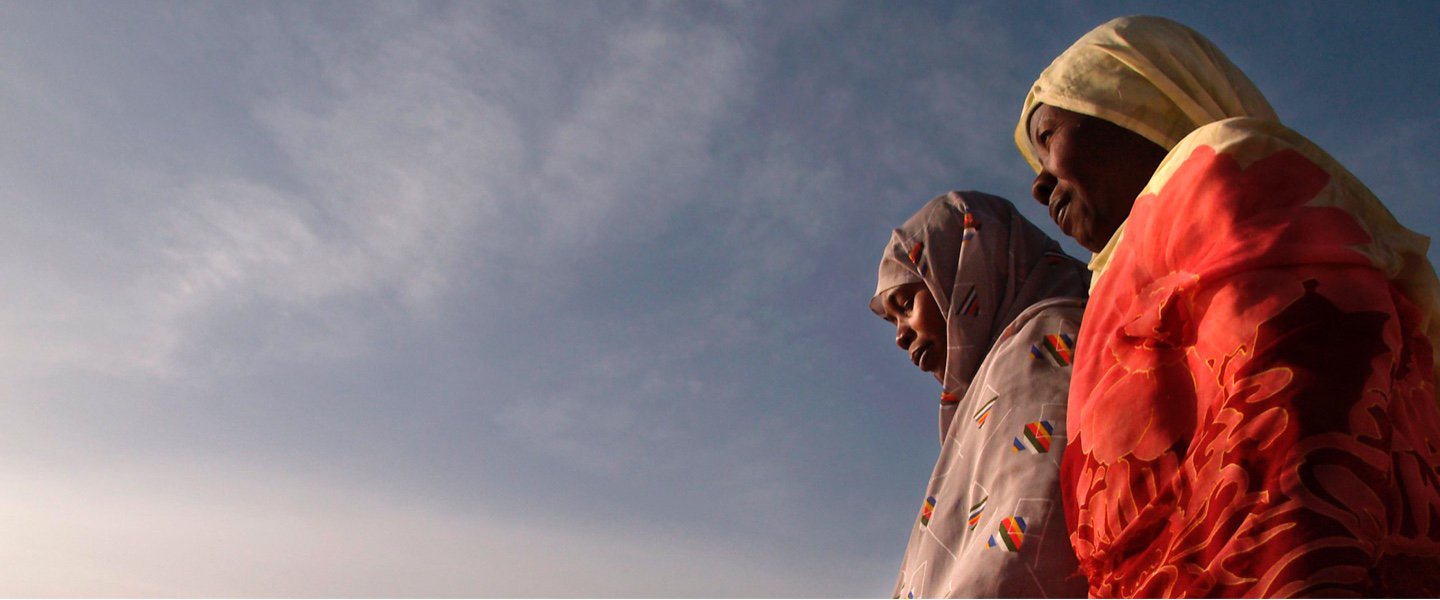From 2012–18, 15,525 women successfully completed training in technical, vocational, and entrepreneurship and their average yearly earnings increased by 28%.
From 2017–18, eight million people in rural areas benefited from a safety net program, of whom 51% were women.
From 2016–18, 448,885 people benefited from a safety net project that generated 2.2 million days of work. During the same period, 35,000 people received guidance on job opportunities.
In 2018, 2,554 trainees received soft-skills training and over 70% were recruited by factories in Bole Lemi-I industrial park.
From 2014–18, 3.3 million people in rural areas of Ethiopia were provided with access to improved water sources.
From 2014–18, 117 million textbooks and teachers’ guides were developed, printed, and distributed to primary and secondary schools under an education quality improvement program. 321,596 primary and secondary teachers took licensing exams in 2018, up from 30,256 in 2014.
18,347 teachers upgraded from diploma to post-graduate diploma in teaching in 2018, up from 652 in 2014. 25.9 million students benefited from an enhanced learning method in 2018, five million more than in 2014.
855,377 hectares of degraded communal land were sustainably revived through landscape management practices in 2018, up from 304,589 hectares in 2013. 95,247 hectares were restored or reforested/ afforested, up from 36,195 hectares in 2013. During the same period, 3.9 million metric tons of carbon dioxide equivalent were captured incrementally in the restored areas.
5.1 million pastoralists were provided with access to community demand-driven social and economic services in 2018, up from 1.9 million in 2014. 2.2 million people in rural areas were provided with access to improved water sources in 2018, up from 800,000 in 2014.
A women entrepreneurship project increased the earnings and employment of Micro and Small Enterprise (MSE) owned or partly owned by female entrepreneurs. Yearly average business earnings were USD 3,398 in 2018, up from USD 2,414 in 2012. The number of hours worked for MSE per week was 295 hours in 2018 up from 179 in 2012.
A national open-data portal was launched in March 2016, with 29 datasets published in an open data format. With IDA’s support, consultation workshops with over 200 government and nongovernment representatives were conducted in 2018 on the draft open data policy guidelines.
Ethiopia’s Central Statistical Authority’s (CSA) capacity to produce and disseminate reliable, accessible and timely statistics were enhanced. 94% of users were satisfied with the timely accessibility of official statistics methodologies. In 2018, 1,147 staff from CSA were trained on areas of organizational management and statistics, and 377 staff were trained on areas of statistical data production. 2,863 staff, of whom 698 were women, were trained in specialized quality assurance topics, poverty mapping techniques, and gender analysis of household surveys.
From 2014–18, 3.5 million people in rural areas and 338,490 people in urban areas were provided with access to improved water sources. 16,000 improved community water points were constructed or rehabilitated.
Key Achievements
Results

INDICATORS
Life expectancy at birth, total (years)
Debt
Results Stories
Projects

News Updates
Related Documents
Key Achievements
From 2012–18, 15,525 women successfully completed training in technical, vocational, and entrepreneurship and their average yearly earnings increased by 28%.
From 2017–18, eight million people in rural areas benefited from a safety net program, of whom 51% were women.
From 2016–18, 448,885 people benefited from a safety net project that generated 2.2 million days of work. During the same period, 35,000 people received guidance on job opportunities.
In 2018, 2,554 trainees received soft-skills training and over 70% were recruited by factories in Bole Lemi-I industrial park.
From 2014–18, 3.3 million people in rural areas of Ethiopia were provided with access to improved water sources.
From 2014–18, 117 million textbooks and teachers’ guides were developed, printed, and distributed to primary and secondary schools under an education quality improvement program. 321,596 primary and secondary teachers took licensing exams in 2018, up from 30,256 in 2014.
18,347 teachers upgraded from diploma to post-graduate diploma in teaching in 2018, up from 652 in 2014. 25.9 million students benefited from an enhanced learning method in 2018, five million more than in 2014.
855,377 hectares of degraded communal land were sustainably revived through landscape management practices in 2018, up from 304,589 hectares in 2013. 95,247 hectares were restored or reforested/ afforested, up from 36,195 hectares in 2013. During the same period, 3.9 million metric tons of carbon dioxide equivalent were captured incrementally in the restored areas.
5.1 million pastoralists were provided with access to community demand-driven social and economic services in 2018, up from 1.9 million in 2014. 2.2 million people in rural areas were provided with access to improved water sources in 2018, up from 800,000 in 2014.
A women entrepreneurship project increased the earnings and employment of Micro and Small Enterprise (MSE) owned or partly owned by female entrepreneurs. Yearly average business earnings were USD 3,398 in 2018, up from USD 2,414 in 2012. The number of hours worked for MSE per week was 295 hours in 2018 up from 179 in 2012.
A national open-data portal was launched in March 2016, with 29 datasets published in an open data format. With IDA’s support, consultation workshops with over 200 government and nongovernment representatives were conducted in 2018 on the draft open data policy guidelines.
Ethiopia’s Central Statistical Authority’s (CSA) capacity to produce and disseminate reliable, accessible and timely statistics were enhanced. 94% of users were satisfied with the timely accessibility of official statistics methodologies. In 2018, 1,147 staff from CSA were trained on areas of organizational management and statistics, and 377 staff were trained on areas of statistical data production. 2,863 staff, of whom 698 were women, were trained in specialized quality assurance topics, poverty mapping techniques, and gender analysis of household surveys.
From 2014–18, 3.5 million people in rural areas and 338,490 people in urban areas were provided with access to improved water sources. 16,000 improved community water points were constructed or rehabilitated.


